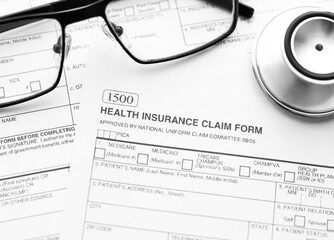
If you were involved in a car accident, understanding your legal rights and options regarding compensation is crucial. Continue reading to learn what a no-fault injury claim is and work with a Middlesex County auto accident attorney for knowledgeable representation.
What is a No-Fault Injury Claim?
A no-fault injury claim is exactly what it sounds like: it is an insurance claim an individual files after being injured in an accident without pinning the blame on someone else. When you file a no-fault injury claim, you file with your own insurance company based on no-fault coverage, like PIP (Personal Injury Protection).
The benefit of a no-fault claim is that there is no legal requirement to prove fault or establish negligence in order to qualify for benefits. When filing a fault-based claim or lawsuit, individuals must provide evidence demonstrating how the other party was negligent and caused their accident and injury. This can be a difficult and sometimes impossible task, depending on the circumstances and the evidence available. By filing through your no-fault insurance, you can avoid the hassle and secure compensation regardless of who caused the accident.
What Compensation Can I Recover from a No-Fault Claim?
No-fault insurance coverage is beneficial, but it does not necessarily cover all of the costs associated with an accident. Through a no-fault claim, you can recover compensation for your expenses directly related to your injury. This includes medical bills, a loss of income, the cost of hiring care, and more.
However, it is important to understand PIP’s limitations. No-fault insurance does not cover losses that are not associated with your injury or non-monetary damages. The cost to repair property damage, physical pain and suffering, etc., is not covered under these claims.
Is New Jersey a No-Fault State?
Yes, New Jersey is a no-fault state when it comes to auto accidents. Some states offer optional no-fault coverage that drivers can opt into or out of. However, New Jersey requires PIP for all drivers. New Jersey’s no-fault laws mean that after being involved in an accident, all parties must file a claim and seek compensation with their own insurance provider, regardless of fault.
The only way that you can file a claim against the other party is if your policy does not cover your total expenses or if you decide to pursue further legal action for expenses not covered by PIP.
New Jersey’s minimum auto insurance requirements include the following.
- $25,000 bodily injury per person
- $50,000 bodily injury per accident
- $25,000 property damage per accident
- $15,000 PIP coverage per person
Some states do not require PIP, but New Jersey law requires that all drivers file a no-fault claim before pursuing other options. To learn more about your legal rights and options after an auto accident, reach out to an experienced personal injury attorney today.






